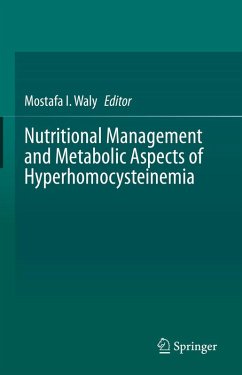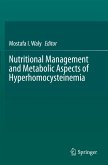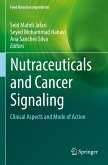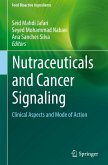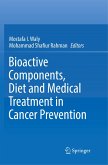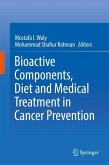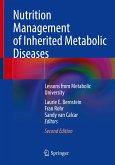Elevated blood concentrations of homocysteine, B vitamins deficiencies and oxidative stress are etiological factors for many human chronic diseases, yet the etiologic relationship of hyperhomocysteinemia to these disorders remains poorly understood. Clinical trials continue to support the notion that hyperhomocysteinemia is involved in the pathogenesis of oxidative stress and its associated impairment of cellular redox status. Antioxidants, phytochemicals, and bioactive agents are thought to be associated with the reduction of oxidative stress and reducing risk of chronic diseases, yet their role in preventing hyperhomocysteinemia-mediated oxidative stress has not been well covered in the literature.
Nutritional Management and Metabolic Aspects and of Hyperhomocysteinemia comprehensively covers the nutritional-based intervention for combating hyperhomocysteinemia-mediated oxidative stress, metabolic regulation of homocysteine-dependent transulfuration and transmethylation pathways, and the identification of novel biomarkers for early diagnosis of hyperhomocysteinemia. The main goal of this text is to address the biochemical and nutritional aspects of hyperhomocysteinemia in relation to increasing risk of chronic diseases, providing insight into the etiology of hyperhomocysteinemia and covering new research on the effective reduction and management of hyperhomocysteinemia-associated chronic diseases.
For researchers seeking a singular source for the understanding of the biochemical aspects and nutrition-based combat of hyperhomocysteinemia, its risk factors, preventive measures, and possible treatments currently available, this text provides all of the important needed information in up-to-date and comprehensive form.
Nutritional Management and Metabolic Aspects and of Hyperhomocysteinemia comprehensively covers the nutritional-based intervention for combating hyperhomocysteinemia-mediated oxidative stress, metabolic regulation of homocysteine-dependent transulfuration and transmethylation pathways, and the identification of novel biomarkers for early diagnosis of hyperhomocysteinemia. The main goal of this text is to address the biochemical and nutritional aspects of hyperhomocysteinemia in relation to increasing risk of chronic diseases, providing insight into the etiology of hyperhomocysteinemia and covering new research on the effective reduction and management of hyperhomocysteinemia-associated chronic diseases.
For researchers seeking a singular source for the understanding of the biochemical aspects and nutrition-based combat of hyperhomocysteinemia, its risk factors, preventive measures, and possible treatments currently available, this text provides all of the important needed information in up-to-date and comprehensive form.

